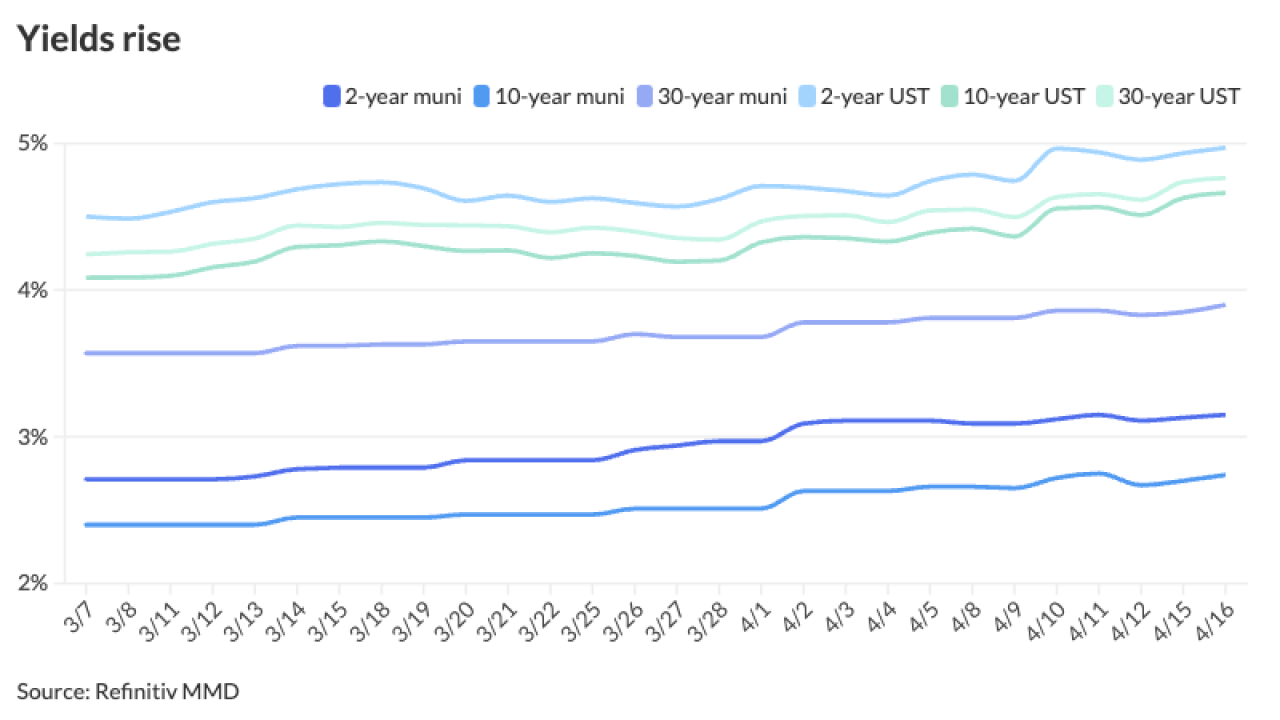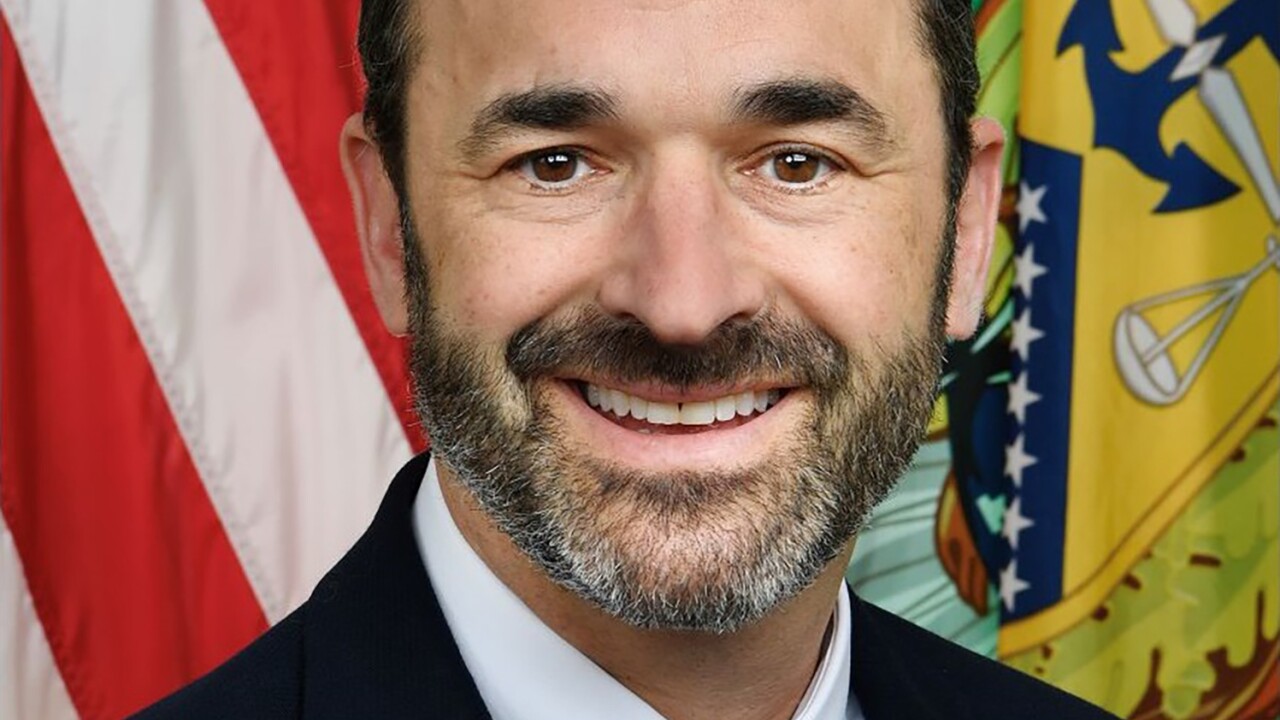Federal Reserve Chairman Jerome Powell said the central bank will continue to gradually raise interest rates “for now’’ to keep inflation near target amid a strong U.S. labor market.

The Federal Open Market Committee, the Fed panel that sets interest rates, “believes that — for now — the best way forward is to keep gradually raising the federal funds rate,” Powell said in prepared testimony before the Senate Banking Committee.
“We are aware that, on the one hand, raising interest rates too slowly may lead to high inflation or financial market excesses,” Powell said in the text of his remarks Tuesday. “On the other hand, if we raise rates too rapidly, the economy could weaken and inflation could run persistently below our objective.’’
Powell addresses Congress with the underpinnings of the U.S. expansion looking solid. Unemployment stands close to an 18-year low and inflation is around the Fed’s 2% target, though some sentiment indicators are starting to flash warning signs over escalating trade disputes. He will appear before the House Financial Services Committee Wednesday.
Officials in June signaled they plan to continue to raise rates at a gradual pace, penciling in two more quarter-point hikes for 2018. Powell’s emphasis that gradual increases are the right path “for now’’ may suggest the committee’s debate about pausing those hikes once the rate gets closer to a level they consider neutral — neither adding stimulus nor hurting growth — is likely to intensify.
Powell listed four reasons why the job market will remain strong with inflation near the Fed’s 2% target “over the next several years.’’
Financial conditions remain favorable to growth, he said, and a stronger financial system is prepared to meet the credit needs of the economy.
“Federal tax and spending policies likely will continue to support the expansion,’’ Powell said, and “the outlook for economic growth abroad remains solid despite greater uncertainties in several parts of the world.’’
Powell also warned that it is “difficult to predict’’ how trade tensions as well as “the size and timing of the economic effects of the recent changes in fiscal policy’’ will shape the economic outlook. The risks of a weaker or stronger economy are “roughly balanced,’’ he said.
The U.S. economy grew at a 2% annual rate in the first quarter and that pace is expected to double to 4% in the second quarter, according to analysts surveyed by Bloomberg.
Amid a hot labor market, employers added 1.3 million new jobs in the first six months of the year and gains are starting to expand more broadly. Unemployment for black people in May touched the lowest level on record.
Powell restated his intentions, announced at his June press conference, to explain the central bank’s actions with “clear and open communication.’’
“We owe you, and the public in general, clear explanations of what we are doing and why we are doing it,’’ he told the Senate committee.
Powell, a former private-equity banker, was appointed Fed chairman by President Donald Trump and took office in February. He was initially put on the Board of Governors by Barack Obama in 2012.





